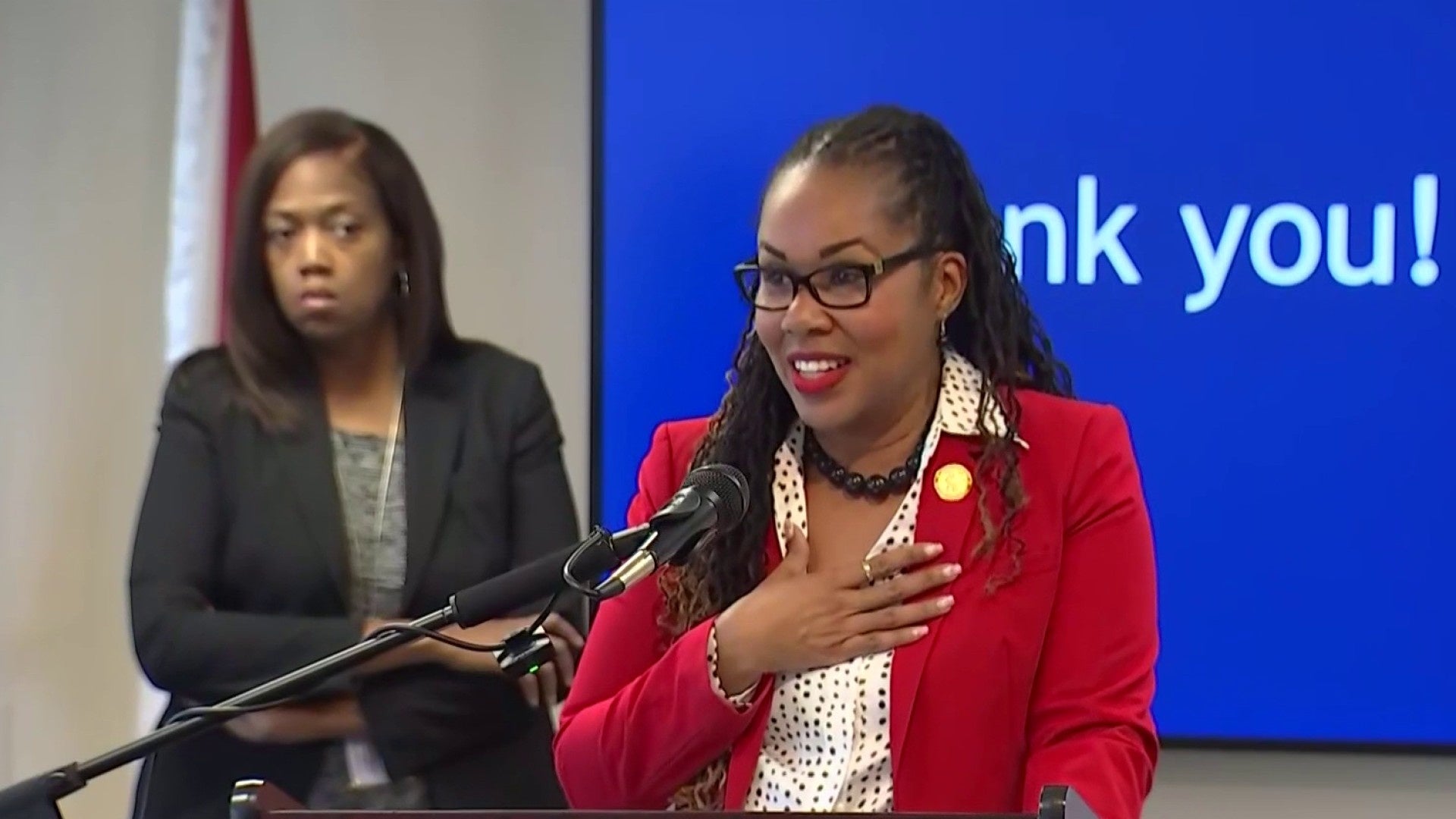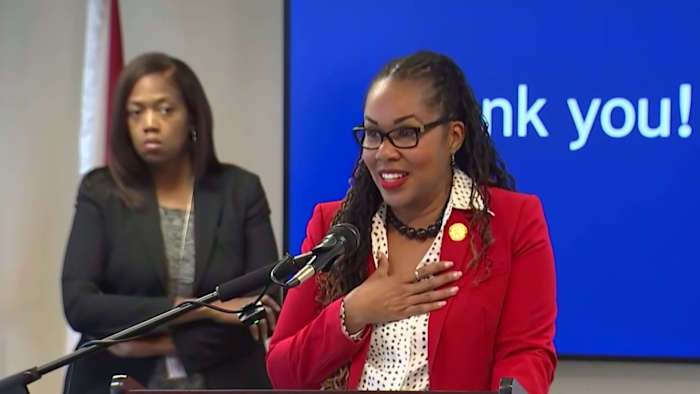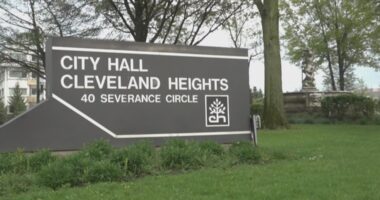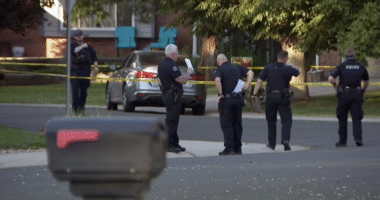
In Orlando, Florida, a meeting took place between a representative from the Florida Attorney General’s office and Orange-Osceola State Attorney Monique Worrell. The main topic of discussion was finding solutions to reduce a significant backlog of unprosecuted cases in Worrell’s office. However, questions still remain about how this backlog initially developed.
Worrell revealed that her office is currently dealing with over 13,000 cases that did not lead to an arrest. These cases involve situations where law enforcement investigated crimes but did not gather enough evidence to justify making arrests or issuing court notices.
Worrell and Florida Attorney General James Uthmeier held dueling news conferences in Orlando Monday to address the issue.
One particular point of contention was Worrell’s recent directive, requiring law enforcement to arrest suspects in most cases before referring them to her office for potential prosecution. As a gesture of support, Uthmeier offered to lend some of his prosecutors to Worrell on a temporary basis.
“Just last week alone she turned down 90 cases from the sheriff’s office here,” Uthmeier said Monday. “That’s not acceptable and we’re going to be watching.”
Hours later, Worrell suggested law enforcement agencies were to blame for sending cases to her office that lacked probable cause, a much lower legal standard than what prosecutors must prove to a jury to win convictions.
“If law enforcement cannot arrest them, then neither can I,” Worrell said Monday.
During her news conference, Worrell displayed a graph that suggested the Orange County Sheriff’s Office sent more than three times as many non-arrest cases to her office as the Orlando Police Department last year.
Worrell did not mention that the Orange County Sheriff’s Office is a larger agency than the Orlando Police Department, with more officers serving a larger citizen population.
Instead, Worrell attributed differences in the agencies’ arrest policies for the larger number of non-arrest cases originating from the sheriff’s office.
“This math isn’t mathing,” a spokesperson for Florida’s Attorney General later posted on X in response to Worrell’s slide presentation. “Adjusting for population, the sheriff’s office sent fewer non-arrest cases over the timeframe she displayed.”
Although Uthmeier’s staff used questionable population data to calculate the specific numbers of non-arrest cases the two agencies generated per capita, the social media post highlighted questions about Worrell’s presentation.
To better compare how the two law enforcement agencies forward non-arrest cases to prosecutors, News 6 submitted a public record request to the state attorney’s office Tuesday seeking additional data.
Those records, which could support or refute Worrell’s contention that the agencies’ differing arrest policies play a role in the backlog of non-arrest cases, had not yet been compiled and released at the time of this publication.
Copyright 2025 by WKMG ClickOrlando – All rights reserved.














